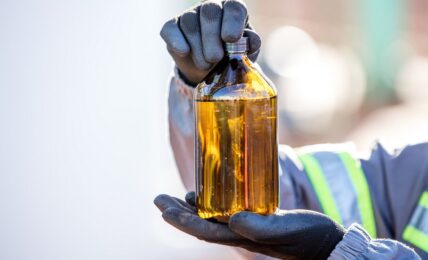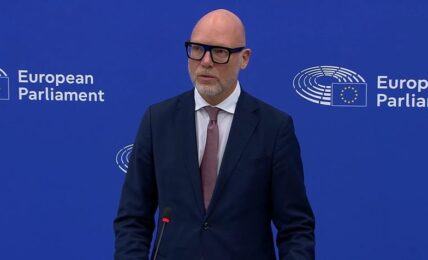Lufthansa Group announced an agreement with aerospace giant Airbus for the pre-purchase of 40,000 tons of carbon removal credits, to be delivered through the removal of CO2 from the atmosphere using Direct Air Capture (DAC) technology, as part of the Airbus Carbon Capture Offer (ACCO). The certificates, to be delivered over four years, will be available from 2026.
DAC technology, listed by the IEA as a key carbon removal option in the transition to a net-zero energy system, extracts CO2 directly from the atmosphere for use as a raw material or permanently removed when combined with storage. According to the landmark Intergovernmental Panel on Climate Change (IPCC) climate change mitigation study released last year, scenarios that limit warming to 1.5°C include carbon dioxide removal methods scaling to billions of tons of removal annually over the coming decades, with DAC positioned to potentially account for a significant portion of the total.
In 2022, Airbus partnered with Direct Air Carbon Capture (DAC) company 1PointFive with an initial carbon credit purchase of 400,000 tons of carbon removals. 1PointFive, the carbon capture-focused subsidiary of energy giant Occidental (Oxy) is currently constructing what it expects to be the largest DAC facility in the world to date in the Texas Permian Basin, designed to capture 500,000 tonnes of CO2 per year when fully operational.
Nicolas Chrétien, Head of Environment & Sustainability at Airbus said:
“The Lufthansa Group was one of the very first aviation companies to work with Airbus to explore the potential of direct air carbon capture and storage solutions. As the aviation industry moves towards net zero CO2-emissions by 2050, carbon removal will play an important role in addressing remaining emissions.”
Lufthansa has set a target to achieve a neutral CO2 balance by 2050, and an ambition to halve its net CO2 emissions by 2030, compared to 2019. While the company’s climate initiatives focus primarily on emissions reductions, such as through scaling the use of sustainable aviation fuel, the company said that it views carbon removal solutions as “a complementary instrument in its sustainability strategy.” Lufthansa also noted that DAC can contribute to the development of SAF, with solutions such as Power-to-Liquid or Sun-to-Liquid technologies requiring the utilization of captured carbon.
Caroline Drischel, Head of Corporate Responsibility at the Lufthansa Group said:
“The Lufthansa Group is strongly committed to making air transport more sustainable and to achieving net zero carbon emissions by 2050. This includes billion-euro investments in continuous fleet modernization and our strong commitment to Sustainable Aviation Fuels. Technical CO2 removal solutions like advanced and direct carbon capture and storage processes will play a complementary role in achieving our decarbonization goals.”



